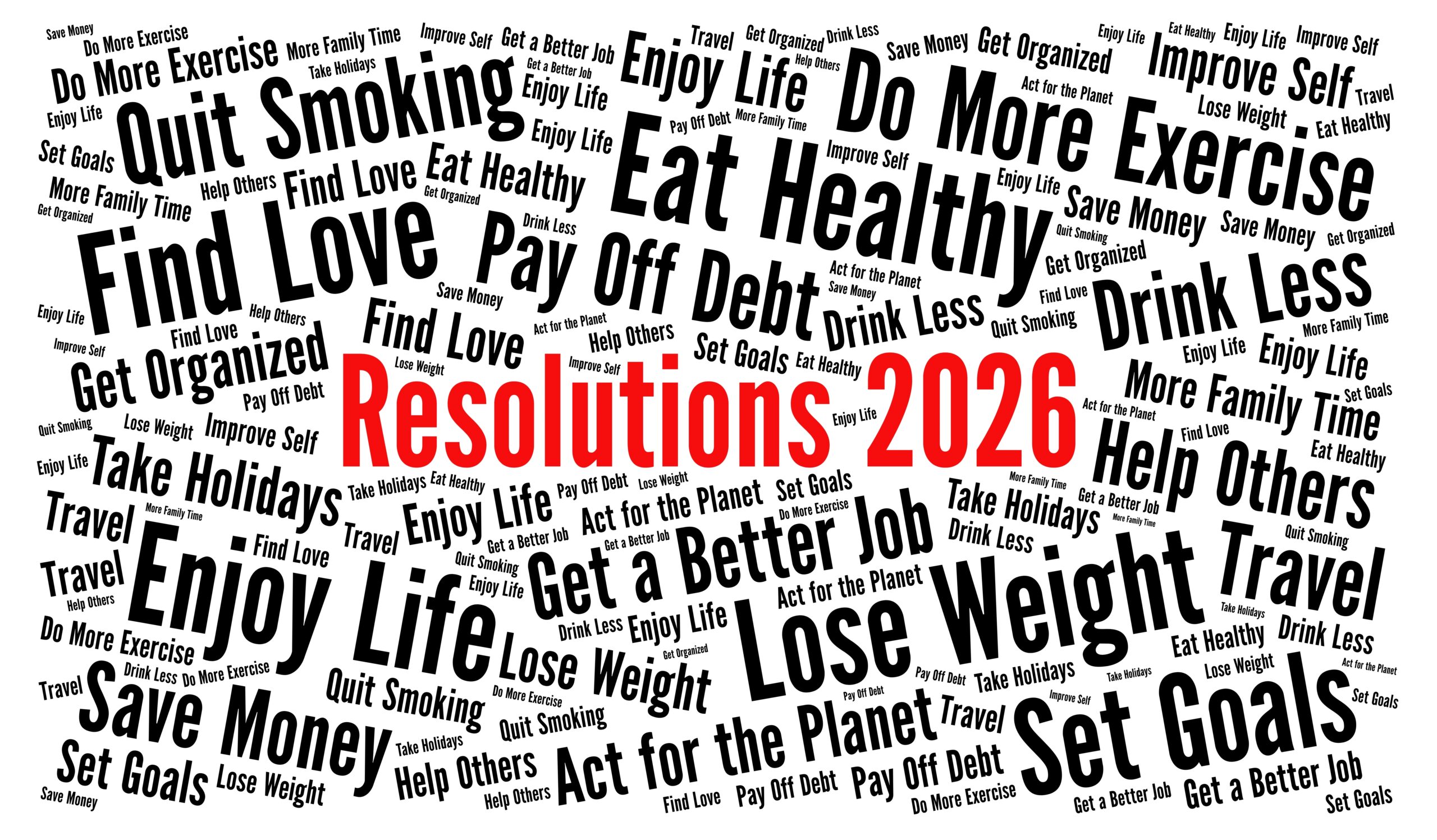April marks Stress Awareness Month, a time to recognize the prevalence of stress and its impact on overall well-being. Stress has become an unavoidable aspect of our fast-paced daily lives, affecting individuals of all ages and backgrounds.
While a certain level of stress can be motivating and even beneficial in the short term, prolonged or excessive stress can have detrimental consequences on our physical and mental health.
Recognizing the signs of stress and learning effective coping strategies is crucial for maintaining a healthy balance and preventing chronic stress from affecting our well-being.
The Science Behind Stress
Stress can manifest in various ways, impacting our immune system, cardiovascular health, digestive function, and even our cognitive abilities. It’s essential to understand the science behind stress and its potential adverse effects to take proactive steps in managing it effectively.
Stress is a natural physiological response designed to help us cope with perceived threats or challenges. It’s a survival mechanism that dates back to our ancestors, triggering the release of hormones like adrenaline and cortisol to prepare our bodies for a “fight or flight” response1.
When faced with a stressful situation, our bodies undergo a series of physical changes. Our heart rate and blood pressure increase, breathing becomes more rapid, and our muscles tense up, ready to react. This physiological response is meant to be temporary, helping us navigate immediate threats or challenges.
While acute stress is a normal and adaptive response, chronic stress occurs when the body’s stress response is repeatedly activated over an extended period. This prolonged, heightened physiological state can have severe consequences on our health, as our bodies are not designed to sustain a constant state of high alert.
Adverse Effects of Stress on Health
Stress, particularly when experienced chronically, can wreak havoc on our bodies and minds. From weakening our immune system to increasing the risk of mental health issues, the impacts of stress are far-reaching and can profoundly affect our overall well-being2.
Physical Effects
Chronic stress can suppress the immune system, making us more susceptible to infections and illnesses. A study published by The Ohio State University showed that chronic stress changes the gene activity in immune cells before they reach the bloodstream. The changes prime the cells to fight an infection or trauma that doesn’t actually exist, leading to increased inflammation, which is linked to many health issues.
Research published in 2020 indicates that chronic stress is a significant risk factor for cardiovascular disease3. Prolonged exposure to stress hormones like cortisol can contribute to the buildup of plaque in the arteries, increasing the risk of hypertension, heart attacks, and stroke.
Stress can disrupt the normal functions of the digestive system, leading to issues such as indigestion, heartburn, and irritable bowel syndrome (IBS). A study published in Psychoneuroendocrinology found a strong association between stress and the development of functional gastrointestinal disorders4.
Mental and Emotional Effects
Chronic stress can significantly impact mental health, contributing to the development or exacerbation of conditions like anxiety and depression. Research shows that individuals with high levels of stress are more likely to experience symptoms of these disorders.
Recognizing Stress in Your Life
Identifying the signs and symptoms of stress is the first step toward effective stress management. By becoming more self-aware and tuned into the physical, emotional, and behavioral cues our bodies exhibit, we can take proactive measures to address stress before it becomes overwhelming.
Signs and Symptoms of Stress
Paying attention to these bodily signals can alert us to stress before it escalates.
Physical Cues:
- Headaches
- Muscle tension, especially in the neck and shoulders
- Digestive issues
- Fatigue
Emotional Indicators:
- Irritability
- Anxiety
- Mood swings
Behavioral Changes:
- Changes in eating habits (overeating or undereating)
- Difficulty sleeping
- Increased use of substances like alcohol or drugs as coping mechanisms
Empowering Strategies to Manage Stress
While stress is an unavoidable part of life, there are numerous strategies and techniques for managing it. By incorporating healthy habits and practices into our daily routines, we can cultivate resilience and maintain a sense of balance and well-being, even in the face of challenges.
Mindfulness and Meditation
Mindfulness is the practice of being present in the moment, cultivating awareness of our thoughts, feelings, and bodily sensations without judgment. Mindfulness techniques, such as deep breathing exercises, body scans, and mindful meditation, can help us disengage from the constant stream of thoughts and worries that often fuel stress.
Studies have demonstrated that meditation can lower cortisol levels (the hormone associated with stress), improve emotional regulation, and enhance overall well-being. Even dedicating a few minutes each day to a simple meditation practice can have a profound impact on our ability to manage stress.
Physical Activity and Exercise
Regular physical activity can be an effective stress-busting strategy. Exercise releases endorphins, natural mood-boosting chemicals that can improve our overall sense of well-being. Additionally, physical activity can serve as a healthy outlet for pent-up tension and anxiety.
The beauty of exercise is that there are countless options to suit individual preferences and abilities. Whether it’s going for a brisk walk, practicing yoga, swimming, or participating in team sports, finding an enjoyable form of physical activity can make it easier to consistently incorporate it into our routines.
Healthy Lifestyle Habits
Maintaining a balanced and nutritious diet can significantly help manage stress levels. Certain foods, such as those rich in omega-3 fatty acids, antioxidants, and complex carbohydrates, can help regulate mood and energy levels, providing the necessary fuel to cope with stress more effectively.
Seeking Support
Sharing our struggles with trusted friends and family members can be a powerful coping mechanism. A supportive network can provide emotional support, offer different perspectives, and remind us that we are not alone in our experiences with stress.
In some cases, seeking professional support from a therapist or counselor can be beneficial, especially when dealing with chronic or severe stress. These professionals are trained to provide coping strategies, cognitive-behavioral techniques, and guidance tailored to individual needs, helping us develop resilience and manage stress more effectively.
Try Fresh Tri for Stress Management
As we’ve explored, stress can have far-reaching impacts on our physical and mental well-being. Embracing Stress Awareness Month serves as a reminder to prioritize our overall health and take proactive steps to manage stress effectively.
At Fresh Tri, we understand the importance of stress management in maintaining a balanced and fulfilling life. Our Iterative Mindset Method™ is designed to empower individuals to develop resilience, cultivate mindfulness, and embrace a growth-focused, iterative mindset in the face of challenges. Try it out with our free app!
By incorporating stress management techniques into our daily routines and seeking support when needed, we can minimize stress’s adverse effects on our health and well-being.
Prioritizing stress awareness and taking proactive steps to manage stress can improve physical and mental health, enhance cognitive function, and give people an overall greater sense of balance and fulfillment in life.
References
- Chu B, Marwaha K, Sanvictores T, et al. Physiology, Stress Reaction. [Updated 2022 Sep 12]. In: StatPearls [Internet]. Treasure Island (FL): StatPearls Publishing; 2024 Jan-. Available from: https://www.ncbi.nlm.nih.gov/books/NBK541120/
- Yaribeygi, H., Panahi, Y., Sahraei, H., Johnston, T. P., & Sahebkar, A. (2017). The impact of stress on body function: A review. EXCLI Journal, 16, 1057-1072. https://doi.org/10.17179/excli2017-480
- Satyjeet, F., Naz, S., Kumar, V., Aung, N. H., Bansari, K., Irfan, S., & Rizwan, A. (2020). Psychological Stress as a Risk Factor for Cardiovascular Disease: A Case-Control Study. Cureus, 12(10). https://doi.org/10.7759/cureus.10757
- Labanski, A., Langhorst, J., Engler, H., & Elsenbruch, S. (2020). Stress and the brain-gut axis in functional and chronic-inflammatory gastrointestinal diseases: A transdisciplinary challenge. Psychoneuroendocrinology, 111, 104501. https://doi.org/10.1016/j.psyneuen.2019.104501













